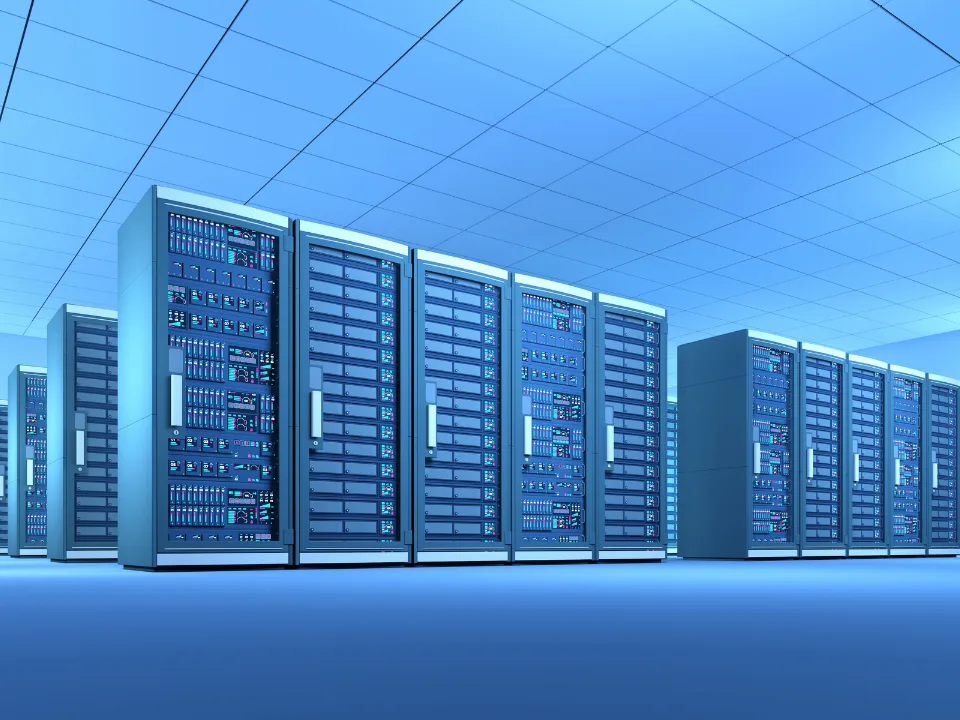- States across the US have offered nearly $6B in sales tax exemptions for data centers in the past five years, with many additional billions likely unreported.
- While these tax incentives attract investment from trillion-dollar companies like Amazon, Microsoft, and Google, watchdog groups argue the facilities create few permanent jobs and place major strain on power infrastructure.
- Virginia’s audit found the state recovers only 48 cents for every dollar it forgoes in data center tax revenue, sparking debate about whether these subsidies offer meaningful economic returns.
A Booming Industry, A Costly Strategy
To capitalize on skyrocketing demand for data infrastructure, states have turned to generous tax incentives to lure data center development, reports CNBC. This surge in demand is fueled by the rapid growth of artificial intelligence and services like ChatGPT. Indiana, for example, passed a 2019 law exempting eligible data centers from the state’s 7% sales tax on equipment and energy, creating a model that dozens of states have since adopted.
How Widespread Are The Breaks?
According to CNBC, 42 states either exempt data centers from sales tax or have no sales tax at all. Of those, 37 have passed legislation specifically for data centers. Yet transparency varies: Only four states publicly break down which companies benefit and by how much.
In Illinois, one Microsoft data center received over $38M in exemptions while generating just 20 permanent jobs. In Washington, Microsoft secured $333M in sales tax breaks from 2015 to 2023.
Get Smarter about what matters in CRE
Stay ahead of trends in commercial real estate with CRE Daily – the free newsletter delivering everything you need to start your day in just 5-minutes
Economic Impact Under Scrutiny
Critics argue these incentives disproportionately benefit trillion-dollar tech giants. A 2024 Virginia audit found that for every $1 not collected in sales tax, the state only gains 48 cents in other revenue—though that return is still better than for most other sales tax incentives.
Even so, watchdogs like Good Jobs First contend the math doesn’t work. “There was a giant transfer of wealth from taxpayers to shareholders,” said the group’s executive director, Greg LeRoy.
Limited Job Creation, Massive Energy Demands
Data centers typically generate a burst of construction employment but lead to relatively few long-term jobs. A US Chamber of Commerce study found just 157 permanent positions per facility on average.
The environmental toll is also significant. Virginia’s audit projected the state’s energy demand will double over the next decade, with data centers as the primary driver. One small facility reportedly consumes as much electricity as 4,500 homes.
Defenders Say It’s Still A Win
Proponents like NetChoice CEO Steve DelBianco argue the alternative is losing the data center investment entirely. He and others note that between 2021 and 2023, data centers in Northern Virginia contributed $7.2B to the state economy and helped generate over 50K jobs—most of which were during the construction phase.
Amazon, which claims to have invested $75B in Virginia since 2011, said it paid $460M in property taxes for its data centers in 2023 and emphasizes its investments in renewable energy.
The Bottom Line
As data centers become essential infrastructure for the digital economy, states are offering massive incentives to attract them—but whether these deals deliver long-term economic value remains deeply contested.
What’s Next
With data center investment projected to hit $1T by 2027, more states are likely to continue courting tech giants. But growing concerns over public costs, job creation, and energy consumption may push policymakers to revisit what they’re giving up—and what they’re really getting in return.
















